America's threats won't help Azerbaijan's 'political prisoners'
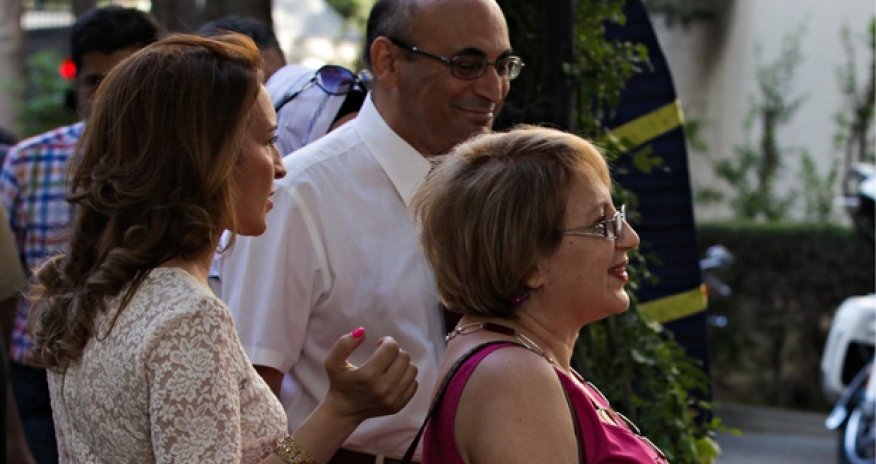
By Murad Gassanly
Azeri state prosecutors raided the Baku bureau of US-funded media organisation Radio Free Europe/Radio Liberty late last year, shutting down the station’s office and confiscating equipment.
For many critics of Azerbaijan’s government, this was the culmination of a year-long crackdown on activists and opposition politicians, in which journalists have been jailed and NGOs closed down.
International human rights watchdogs sought to raise awareness of the deteriorating situation throughout 2014, but official western criticism of Azerbaijan remained muted and media interest low. That changed in the immediate aftermath of the RFE/RL raid.
Articles criticising President Ilham Aliyev’s government started to appear in leading US publications. Some, written by senior public figures including former State Department officials, were visceral in their censure of Aliyev personally.
Much of this criticism, however, is framed in geopolitical terms – the crackdown on western NGOs and media organisations is condemned as Baku’s shift towards Russia in the wake of the events in Ukraine. The issue of prisoners has taken a backseat to what appears to be a crisis in relations between Azerbaijan and the west.
The reality is of course much more complex. A BP-led consortium is exporting Azeri oil and gas to European markets and hundreds of western companies, mainly British, are doing business in Baku. The city is set to host the inaugural European Games later this year and a Formula One race in 2016.
Over the past 20 years, Azerbaijan has pursued a broadly pro-western course, actively promoting US and European energy and wider strategic interests in the South Caucasus and beyond. Baku sent peacekeepers to Iraq and Afghanistan, and joined a plethora of western-led international organisations. Seeking a strategic partnership with the west, whilst simultaneously balancing relations with Russia, often proved a difficult task.
Yet many in the Azeri government point out that this has not translated into any real strategic benefit in relations with the west, especially when it comes to the biggest challenge – the ongoing conflict with Armenia over the disputed territory of Nagorno-Karabakh. With the OSCE-led peace process moribund and internally displaced people unable to return to their homes in Armenian-held territories, the Azeri leadership expected support from Washington and Brussels that never came.
Events in Ukraine over the past year have underscored a lack of formal and explicit endorsement of Azeri territorial integrity and sovereignty, that the US has given to Kiev.
America’s promises, as well as threats, sound increasingly hollow in the new post-Ukraine reality, and the pro-Moscow part of the Azeri establishment is undoubtedly strengthened by that. Many in Baku point to the fate of Georgia after the 2008 war and now that of Ukraine. Russia is increasingly seen as the only party holding keys to regional conflicts.
Yet Baku remains committed to its international economic partnerships and it would be a mistake to interpret the recent crackdown as a significant shift in Azerbaijan’s traditionally balanced foreign policy.
The real problem is that the centre in post-Soviet politics has shifted significantly, and this is causing friction. The influence of western governments is much diminished and the local presence of western-funded NGOs and media is increasingly compromised.
In Azerbaijan, however, this does not and will not affect commercial deals. This in turn provides important space for engagement on human rights issues.
In such an environment, calls for sanctions against officials, denunciations and personal attacks on Azerbaijan’s leadership are not credible, and are counterproductive.
Instead, western governments should re-engage with Baku in a more open and constructive manner. As part of this process, the speedy release of most vulnerable, at-risk prisoners should be prioritised.
Khadija Ismayilova, Leyla Yunus, Arif Yunus, Intigam Aliyev and Anar Mammadli are considered the most at-risk prisoners. Charges can still be dropped and extraordinary presidential amnesties may be possible.
It is a matter of general principle that the release of all prisoners, not muscle-flexing, should be guiding western policy with Azerbaijan. It is clear that officials in Baku will not bow down to diktat and ultimatums, but open advice from a friend and partner may well provide it with a much needed "exit strategy”.
Britain’s strong relationship with Azerbaijan and positive image in the country means it is in a particularly good position to take such approach.
NOTE: Murad Gassanly was a senior advisor to Azeri opposition candidate Jamil Hasanli in the 2013 presidential elections. He is a Labour member of the City of Westminster Council.
(The Guardian)
ANN.Az


























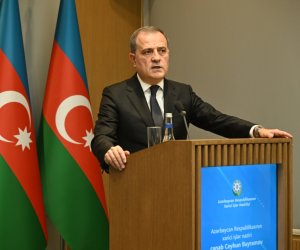
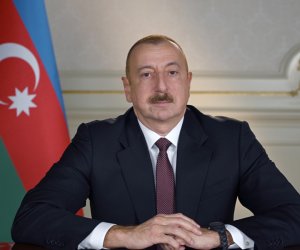
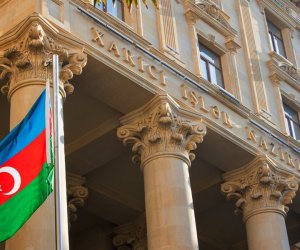
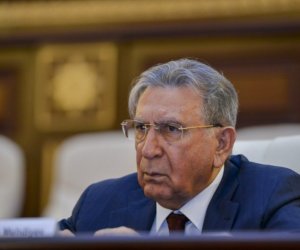
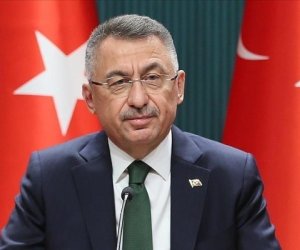
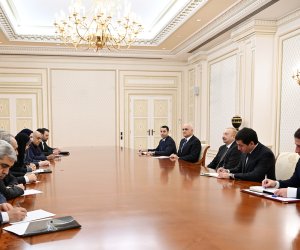
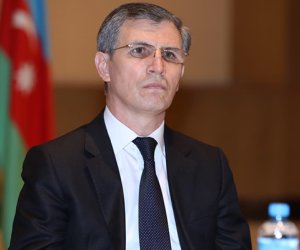



 Photo
Photo 



 Video
Video 

